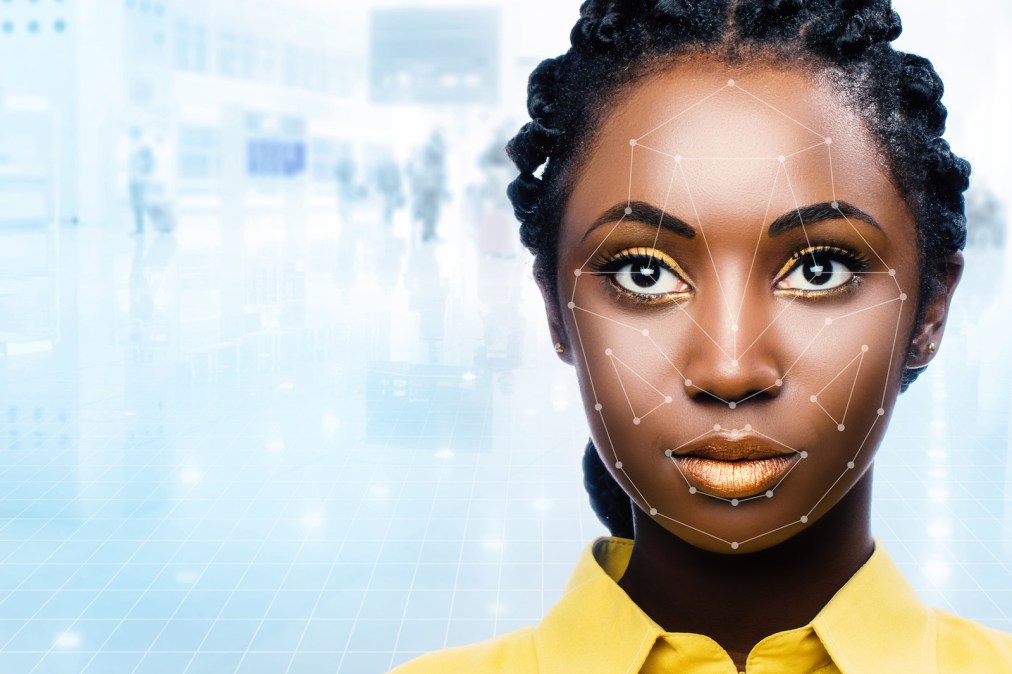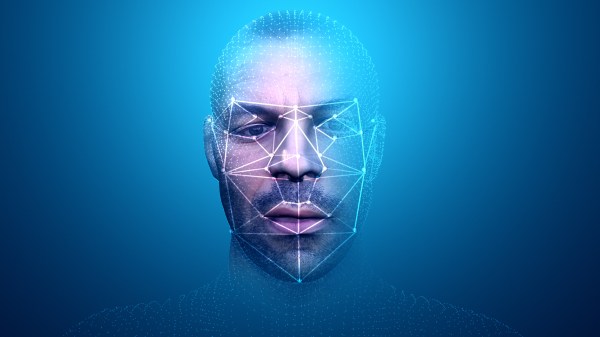ACLU urges Amazon shareholders to stop selling facial-recognition tech to government

The American Civil Liberties Union urged Amazon shareholders in a letter Monday to vote to end the sale of the company’s facial recognition service to state and local governments, which use the technology to aid law enforcement and surveil public spaces.
The letter asks shareholders to approach the company’s board of directors with two proposals: prohibit the sale of its proprietary real-time facial recognition technology, called “Rekognition,” to government customers, and to initiate an independent review of “its human and civil rights impacts, particularly for people of color, immigrants, and activists,” whom facial recognition might adversely affect.
The ACLU criticized Amazon last year for selling the facial recognition service to states and cities. The advocacy group said that the technology, which produces facial maps and cross-checks them against a database of millions of faces in real time, would allow a government to “build a system to automate the identification and tracking of anyone,” including protesters, immigrants, and other “vulnerable communities.”
“The dangers of government face surveillance can only be fully addressed by stopping its use,” the ACLU states in its recent letter.
Last year, the group asked Jeff Bezos, CEO of Amazon, to stop selling the technology to law enforcement. This year, the group is imploring shareholders to take action.
“Amazon Rekognition is primed for abuse in the hands of governments. This product poses a grave threat to communities, including people of color and immigrants, and to the trust and respect Amazon has worked to build,” the ACLU letter continues.
The annual shareholder meeting for the shipping and retail giant will occur in Seattle on Wednesday. The board has recommended to shareholders that they vote against both proposals, but even if they pass, they’re non-binding, so the board would not be required to take action.
The ACLU’s most recent letter catches Amazon at a time when the country’s focus on facial recognition has perhaps never been more intense. The Georgetown University’s Law Center on Privacy and Technology released two reports last week detailing the misuse of facial recognition systems by law enforcement and their lack of transparency within cities.
On May 14, San Francisco became the first city in the country to ban the use of facial recognition for city government purposes, using model legislation written in part by the ACLU that union officials say should be duplicated elsewhere around the country.
But Amazon Web Services executive Michael Punke argued earlier this year that the company had never received any report of misuse by a law enforcement agency. He also said that facial recognition should always be used in accordance with the law. Federal and local legislation has lagged far behind the actual development of facial recognition technology, though.
The House oversight and reform committee will also meet this week to discuss the impact of facial-recognition technology on civil liberties.






